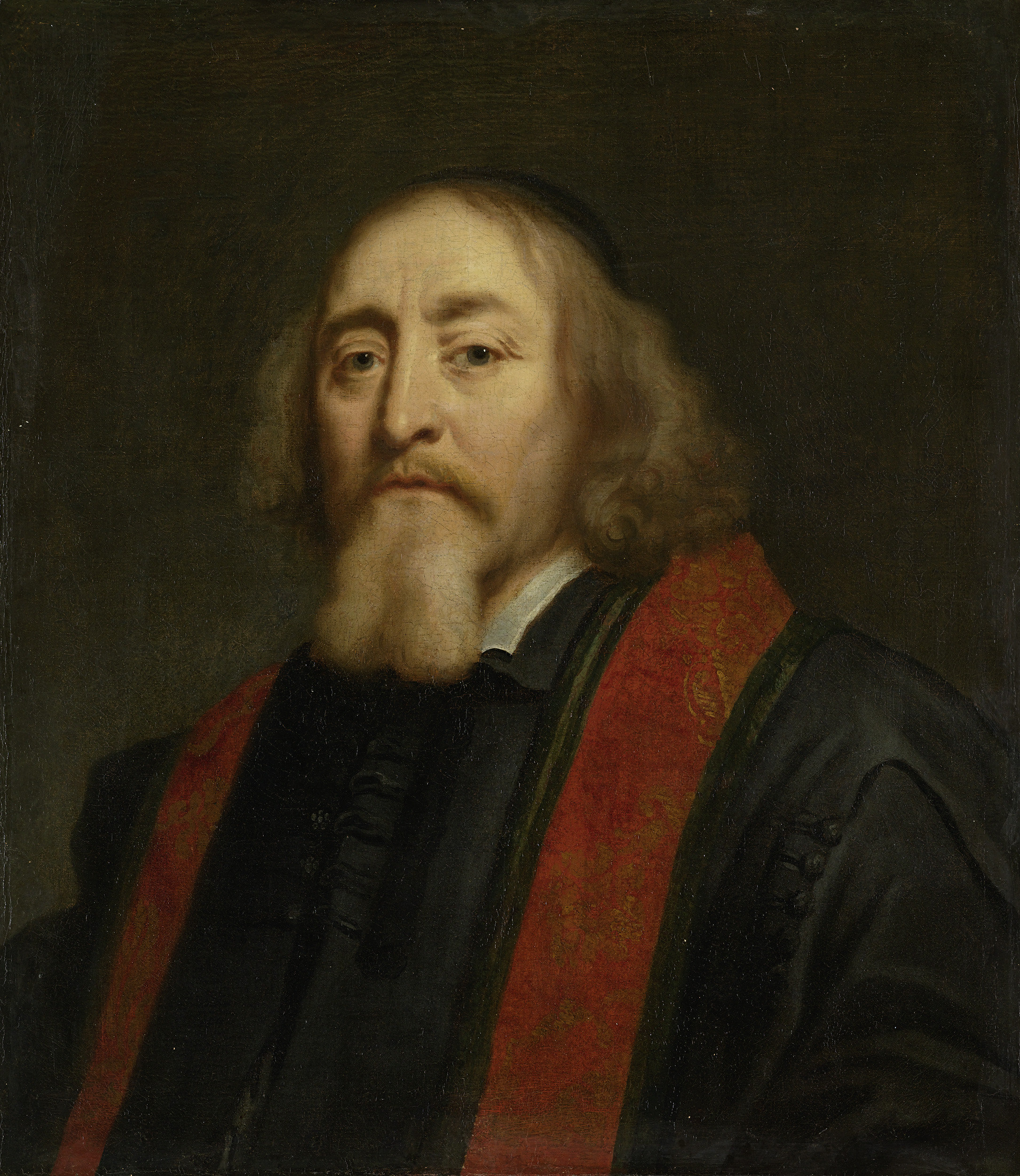John Amos Comenius
 John Amos Comenius (; ; ; ; Latinized: ''Ioannes Amos Comenius''; 28 March 1592 – 15 November 1670) was a Czech philosopher, pedagogue and theologian who is considered the father of modern education. He served as the last bishop of the Unity of the Brethren (direct predecessor of the Moravian Church) before becoming a religious refugee and one of the earliest champions of universal education, a concept eventually set forth in his book ''Didactica Magna''. As an educator and theologian, he led schools and advised governments across Protestant Europe through the middle of the seventeenth century.
John Amos Comenius (; ; ; ; Latinized: ''Ioannes Amos Comenius''; 28 March 1592 – 15 November 1670) was a Czech philosopher, pedagogue and theologian who is considered the father of modern education. He served as the last bishop of the Unity of the Brethren (direct predecessor of the Moravian Church) before becoming a religious refugee and one of the earliest champions of universal education, a concept eventually set forth in his book ''Didactica Magna''. As an educator and theologian, he led schools and advised governments across Protestant Europe through the middle of the seventeenth century.Comenius introduced a number of educational concepts and innovations including pictorial textbooks written in native languages instead of Latin, teaching based in gradual development from simple to more comprehensive concepts, lifelong learning with a focus on logical thinking over dull memorization, equal opportunity for impoverished children, education for women, and universal and practical instruction. He also believed heavily in the connection between nature, religion, and knowledge, in which he stated that knowledge is born from nature and nature from God.
Being lifelong proud of his origin from Moravia, he nevertheless for most of his life – mainly due to the difficult wartime circumstances in the homeland and fear from religious persecution – lived and worked as an exile in various regions of the Holy Roman Empire and other countries: Sweden, the Polish–Lithuanian Commonwealth, Transylvania, England, the Netherlands and Hungary. He turned down an offer to immigrate to the New England Colonies and take up the presidency of the newly founded Harvard University. Provided by Wikipedia
